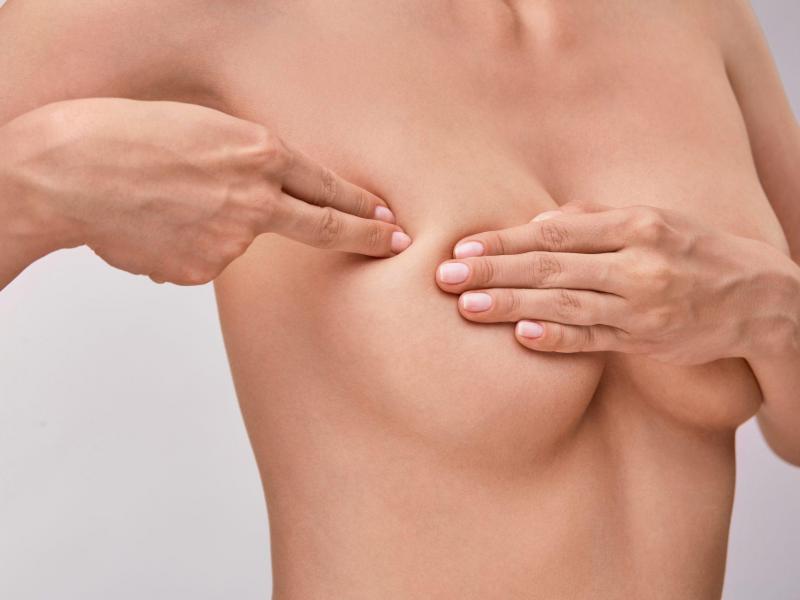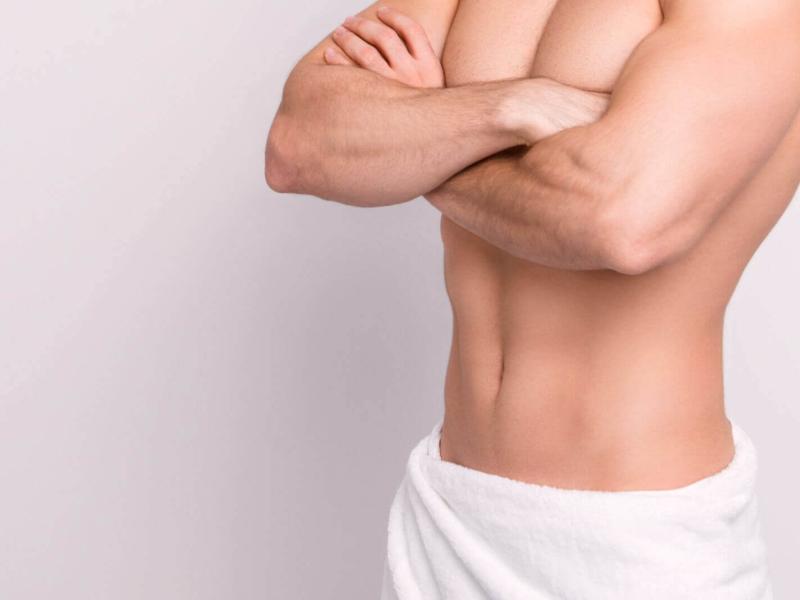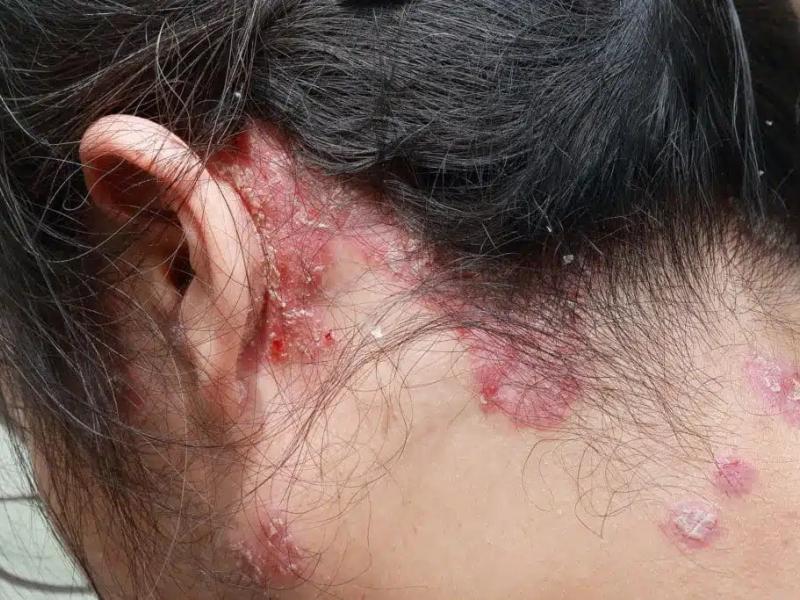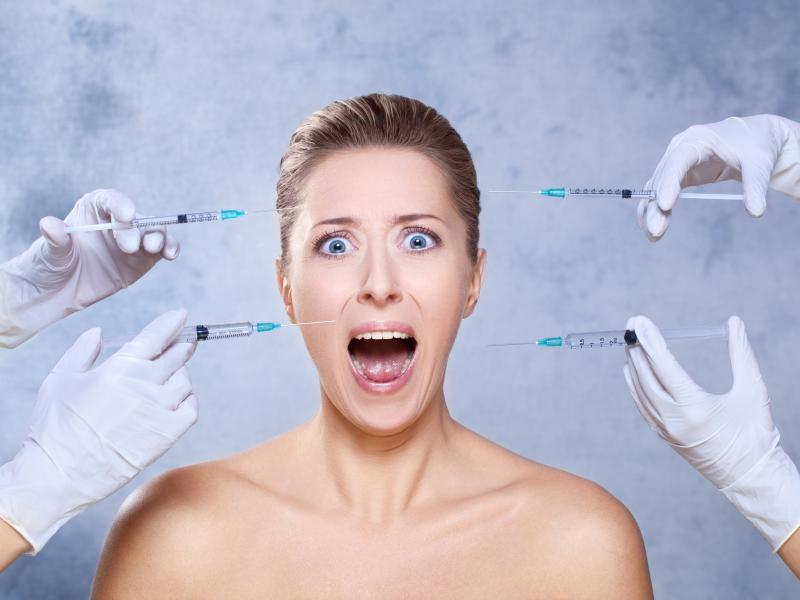Breast self-examination: Preventing breast cancer?
Breast self-examination, a regular breast self-examination, is the best way to detect breast cancer at an early stage when it can be treated with better results. This examination is essential to detect any abnormality or change that occurs in the woman's breasts.
Although there is no single test that can detect all breast cancers at an early stage, Turquie Santé believes that performing a breast self-exam and using other screening methods can increase the chances of detecting anomalies beforehand. In any case, any alteration detected must be a reason for requesting a consultation with the gynecologist.
The stages of self-examination of the breasts
Self-examination of the breasts should be performed once a month, after the end of the period. Women who have already passed menopause can set a specific day per month to achieve it.
The first breast self-examination should be done with care, as it helps to get to know the normal appearance and consistency of the breasts, which will then help identify any abnormalities.
It should be taken into account that the mammary gland has a nodular consistency, and initially there may be a feeling that small lumps are palpable. It is convenient that during the first explorations there is an experienced person who teaches the technique adequately.
Phase 1: Observing
To perform the self-examination of the breasts, you must stand in front of a mirror. Foremost, you have to keep your arms hanging down and turn your trunk from side to side to see if there is a lump in both the skin and the nipples. If reddened areas or a texture similar to orange peel are observed, you should consult a doctor.
The next step is to raise your arms to check that the outline of the breasts is even and that both rise the same way.
Phase 2: Self-examination
Thereafter, each of the breasts should be palpated with the opposite hand using the fingertips and circular movements, starting from the outside towards the nipple. It is necessary to go through the whole breast following straight lines, horizontally or vertically.
You should also squeeze the nipples to check if fluid comes out.
The breast self-exam should end with the armpit exam, as most tumors are in the closest part of the breast, this part of the exam is done with arms down.
The results of the breast self-examination
The possible alterations that can be detected with breast self-examination and that should be a reason for consultation with the gynecologist are the following:
- Palpation produces pain at a specific point.
- Change in color or texture similar to orange peel
- Detection of lumps or sags
- Fluid comes out of the nipples.
You should know that if a lump is detected during a breast self-examination, in 90% of cases, it is a benign tumor that can be treated and not cancer.
Breast self-examination and prevention
The breast self-examination does not in any way replace the normal examinations that must be undergone periodically after the age of 20, such as mammography and breast ultrasound.
Only these instrumental tests make it possible to detect with certainty the presence of nodules, breast cysts, calcifications, or signs of neoplasia and to determine the nature of the lesions affecting the breast tissue.
Effective prevention of breast cancer involves a healthy lifestyle and the avoidance of risk factors that can be modified, such as:
- Cigarette smoke
- Alcohol abuse
- A sedentary life
- A diet low in fruits and vegetables
- Overweight and obesity
- Post-menopausal hormone therapy
- The contraceptive pill
With Turquie Santé you will have the opportunity to benefit from care and treatment in the best medical centers. Indeed, gynecology and breast care teams work in synergy for the prevention and early diagnosis of breast cancer. The main ultrasound examinations for breast control are also available.






